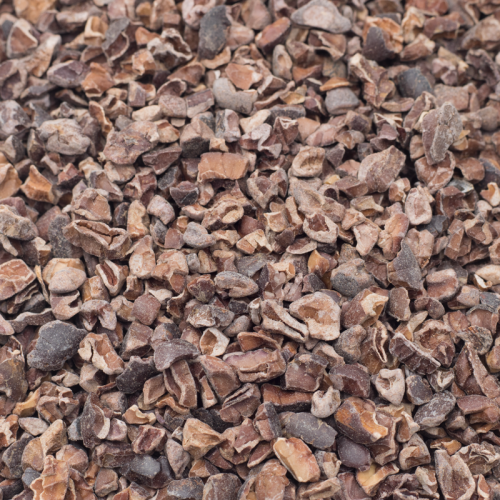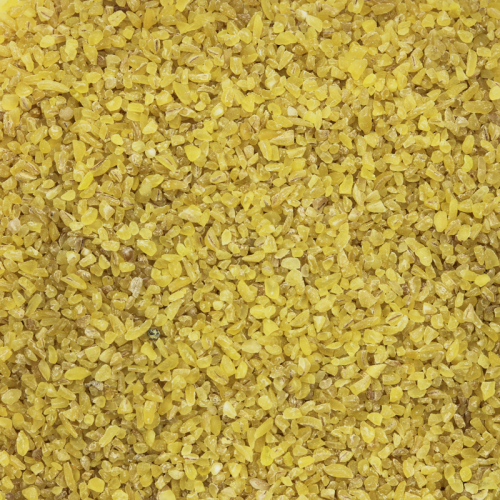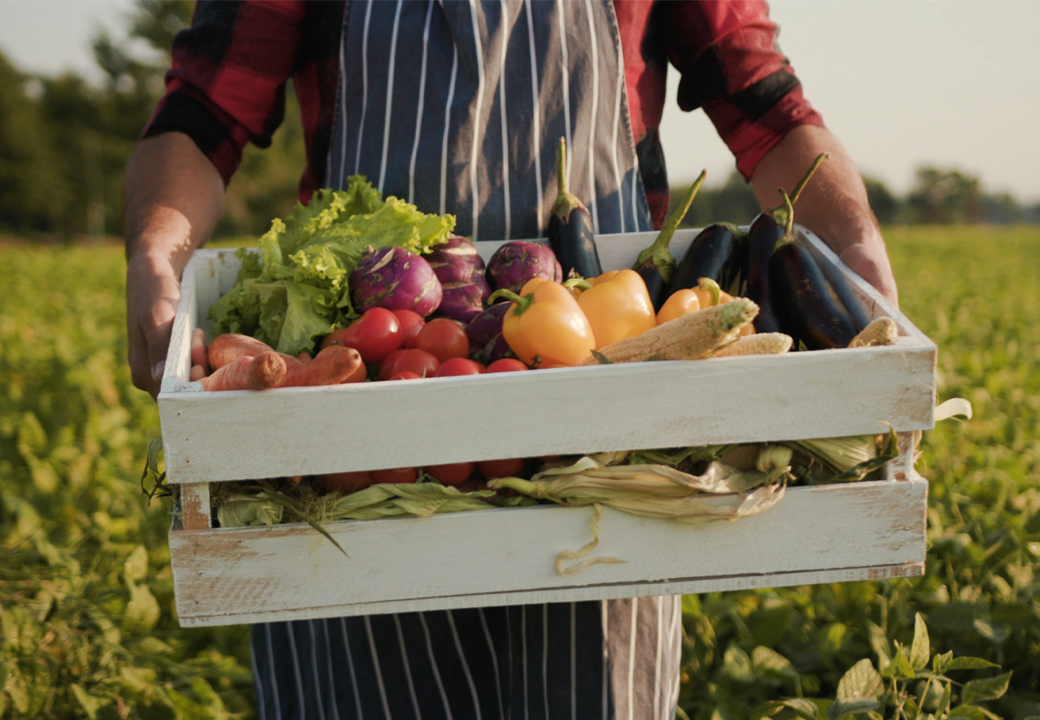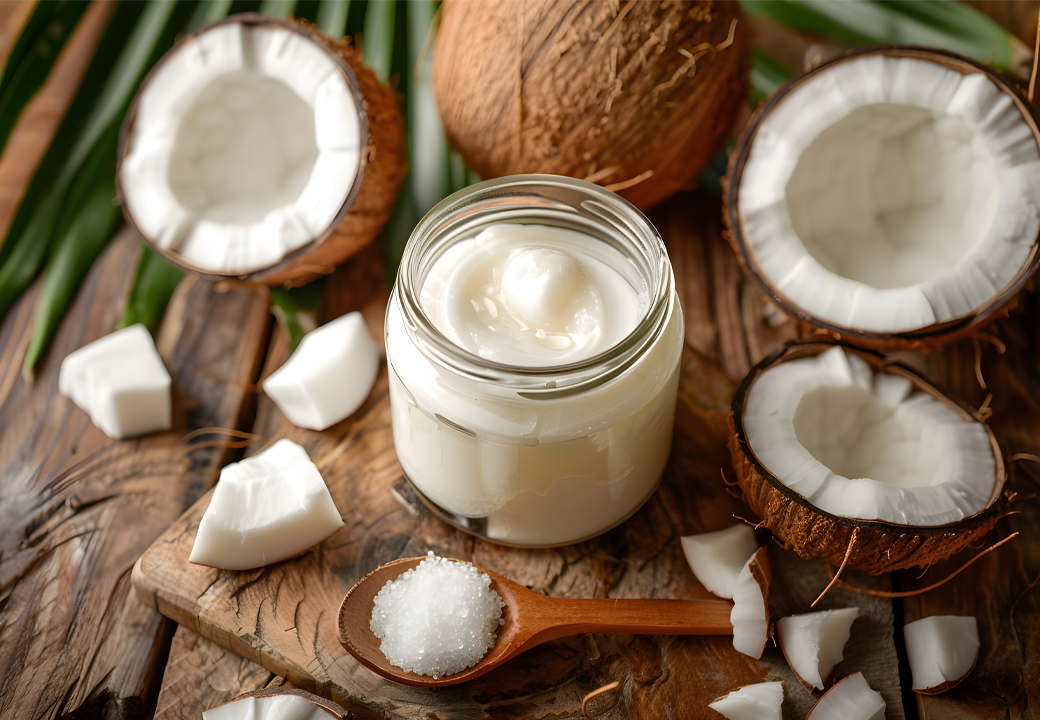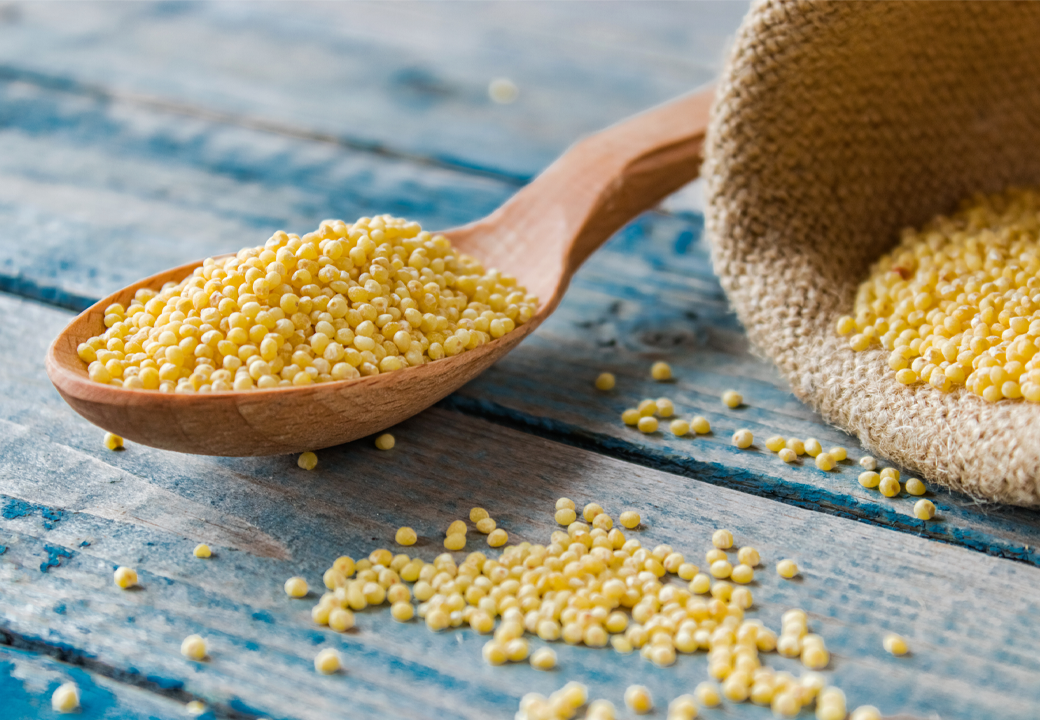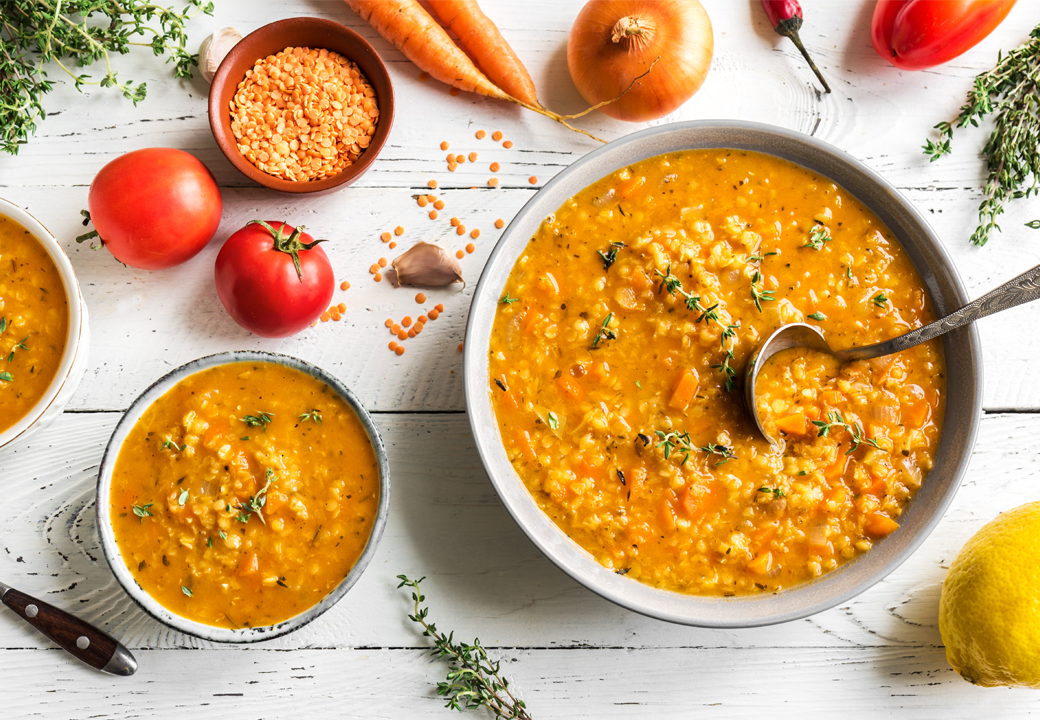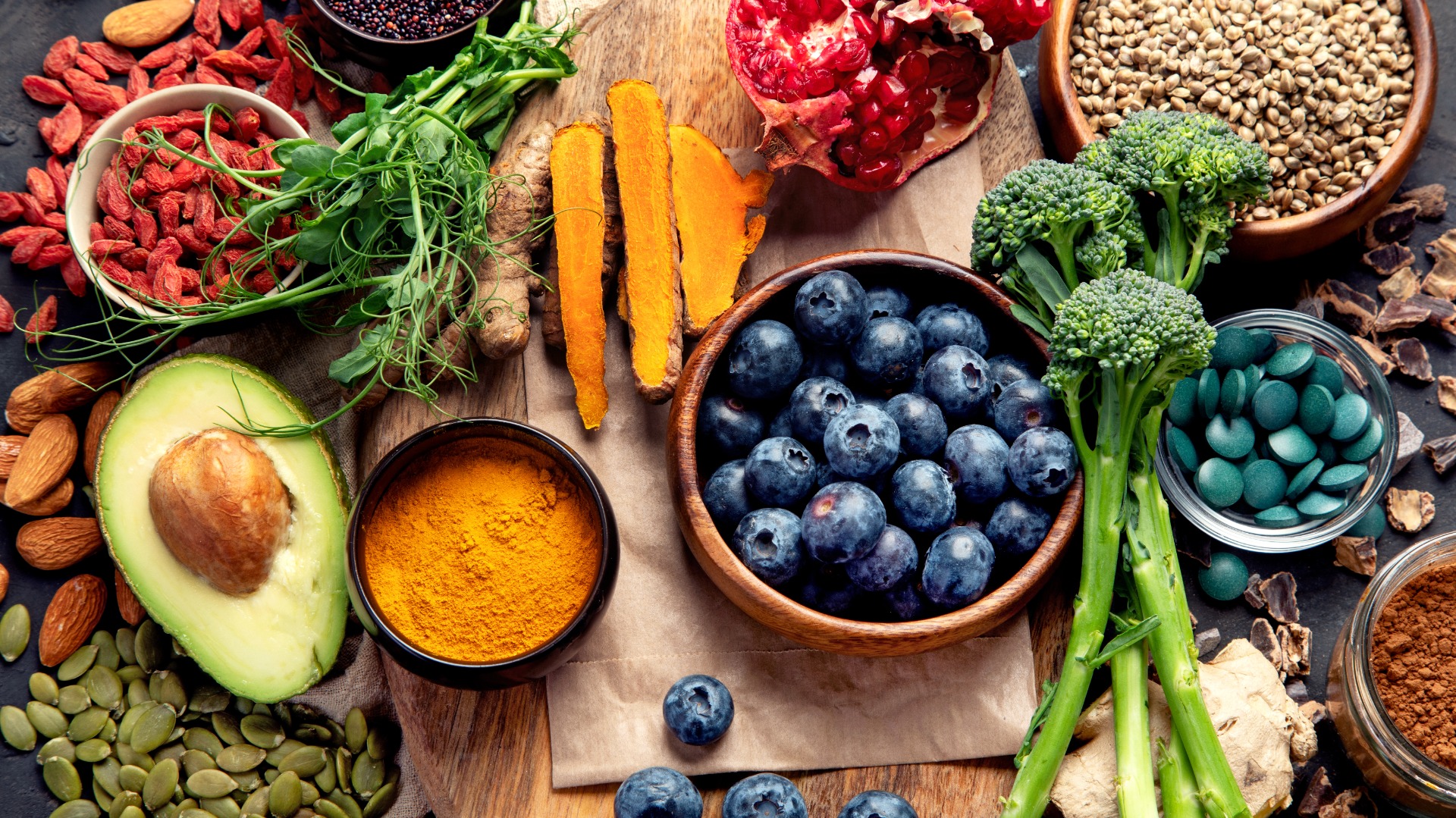

Photo Credit: "© [bit24] / Adobe Stock
Are organic foods better for your body, or is it all a market ploy? In this article, we’re diving into whether organic foods are healthier than non-organic foods. By the end, you can confidently decide which one is best for a nutrition-filled and happier lifestyle.
Organic vs non-organic produce
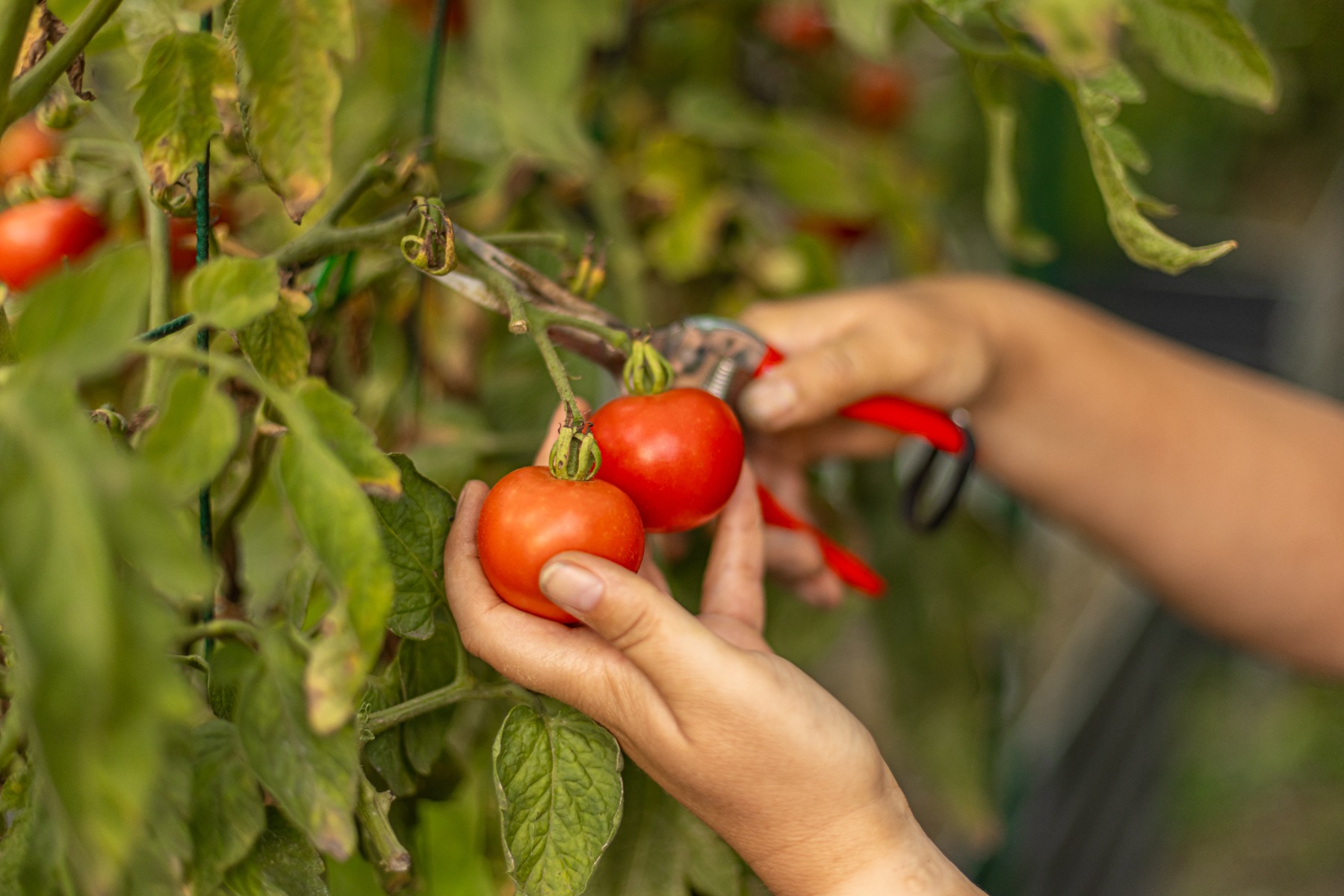

Photo Credit: "© [Grafvision] / Adobe Stock
Before we dive into whether organic food is better, let’s look at the difference between organic and non-organic foods.
Organic foods follow a set of legal regulations in order to become organically certified. This can be anything from soil maintenance and animal welfare to sales and packaging. Manufacturers and companies also undergo random and regular inspections to maintain their organic label.
Non-organic produce? doesn’t have the same set of rules. This means they can use cheap and quick options for their produce. These may include man made fertilisers, GMO, and growth hormones.
What are the benefits of organic food?
You may know that there are the benefits of eating organic food, but what exactly are they? In this section, we’re giving you a rundown on the pros of organic foods and why organic foods are best for your health.
Organic foods don’t use artificial fertilisers or pesticides


Photo Credit: "© [Monkey Business] / Adobe Stock
Non-organic produce uses artificial fertilisers, composed of nitrogen, ammonia, and phosphate minerals. It’s also grown using man made pesticides, created with a mixture of chemicals to stop the spread of disease, bugs, and pests.
Synthetic fertilisers and pesticides are handy because they are cheap and fast-acting. Farmers can use them knowing that produce will grow quickly and stay bug-free, ensuring they can sell as much as their products as possible.
Why artificial fertilisers and pesticides are bad
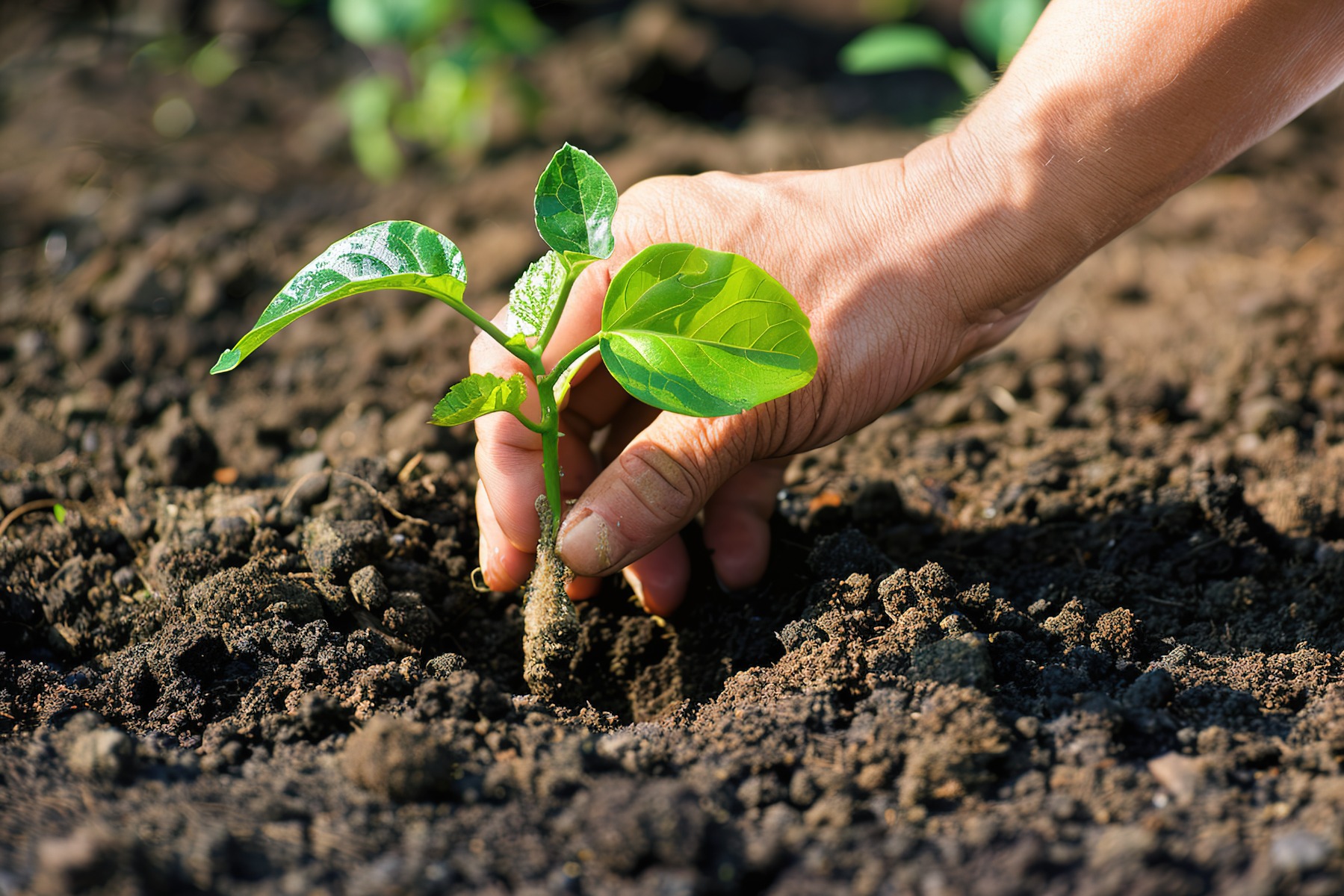

Photo Credit: "© [Larisa] / Adobe Stock
Unfortunately, if something looks too good to be true, then it usually is. Synthetic fertilisers and pesticides can contain harmful levels of chemicals which leach into the food you eat. These toxins may disrupt hormones and trigger neurological disorders, reproductive issues, and cancer.
The harmful substances also seep through the ground and contaminate water sources, which spreads far and wide, affecting wildlife.
Organic foods, however, are not allowed to use man made fertilisers and pesticides. Instead, farmers must make the fertiliser from organic matter, such as decomposed plant and animal material. This contains naturally occurring bacteria and doesn’t affect water sources or negatively impact wildlife.
Organic foods don’t contain antibiotics or growth hormones


Photo Credit: "© [New Africa] / Adobe Stock
Non-organic manufacturers often feed animals antibiotics and growth hormones. The antibiotics prevent animals from getting sick and the growth hormones make them bigger, faster. This is beneficial to companies because they don’t lose as many animals to disease and they can churn out produce faster for more money.
Why antibiotics and growth hormones are bad


Photo Credit: "© [Jelena Stanojkovic] / Adobe Stock
A small amount of antibiotics helps you recover when you’re sick. However, taking antibiotics regularly can cause antimicrobial resistance. This is when your body builds up a tolerance and the medication becomes less effective at treating illness and infection. Therefore, when you eat non-organic foods, you may be unknowingly consuming small amounts of antibiotics daily.
Growth hormones are not good for you because it overloads the body with extra and unnecessary hormones, causing a hormonal imbalance. The imbalance can trigger many health issues, including impacting reproductive health and increasing the risk of cancer.
Regulations prohibit these methods in organic produce and farmers cannot feed animals growth hormones or regular antibiotics. Instead, they give the animals space to lower the risk of a disease spreading and only use antibiotics as a last resort.
Organic fruits and vegetables are healthier
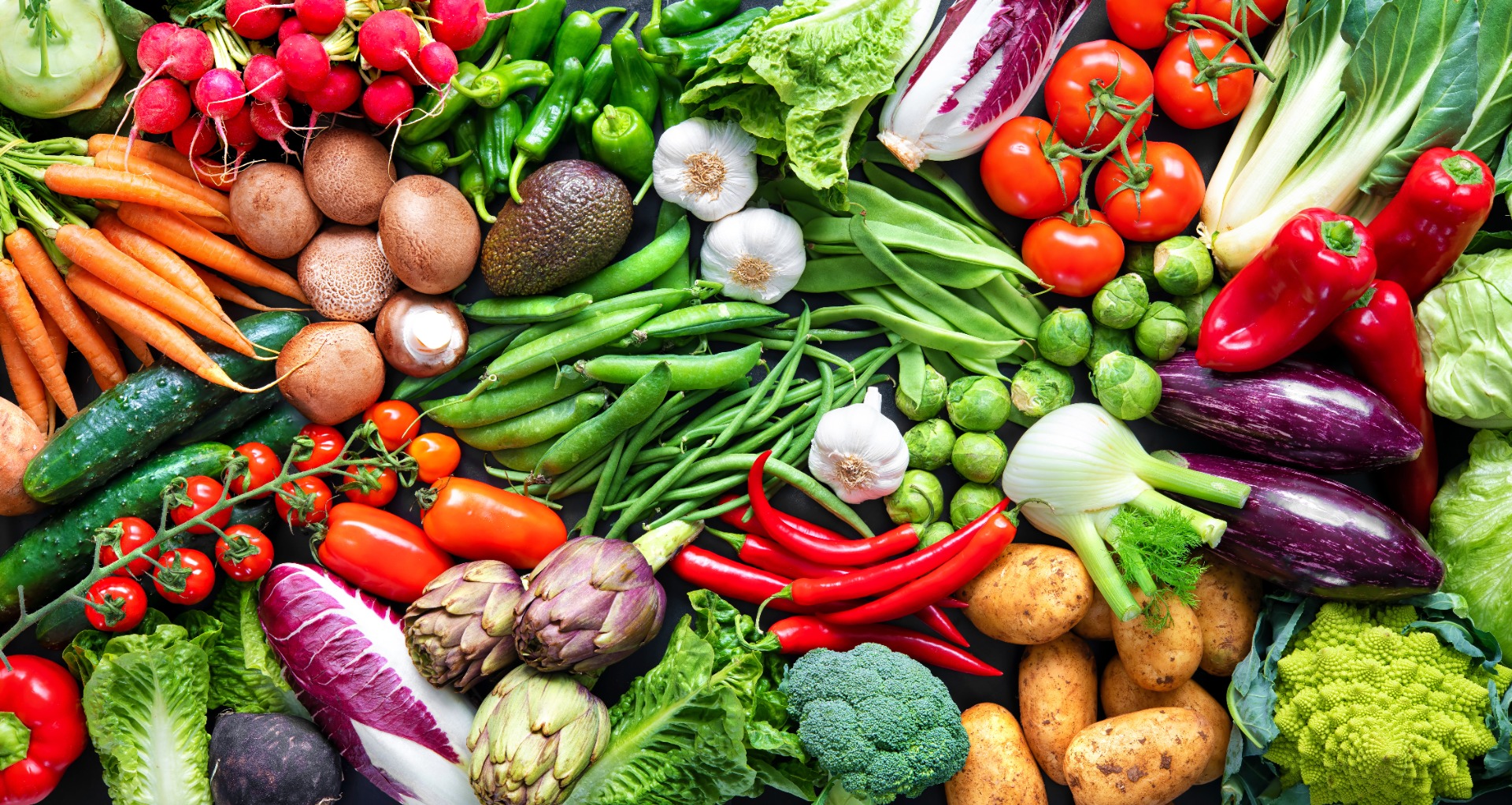

Photo Credit: "© [Alexander Raths] / Adobe Stock
All fruits and vegetables nourish your body by providing fibre, vitamins, and minerals for a healthy gut, hormones, and mind. However, not all fruits and vegetables are created equal.
Why are organic fruits and vegetables healthier?
You may have an inkling that organic fruits and vegetables are better for you, but why is that the case?
Increased nutrient density
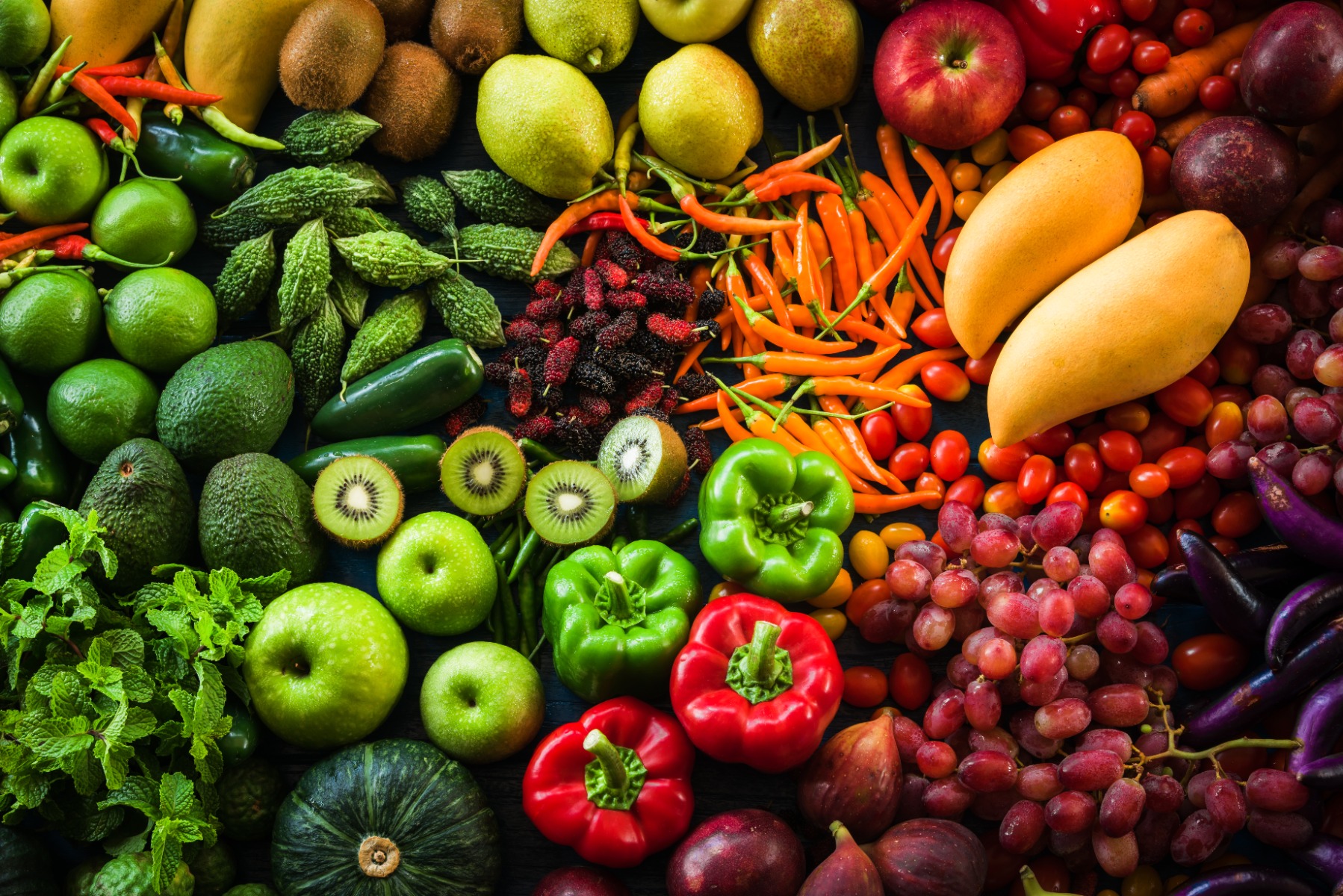

Photo Credit: "© [peangdao] / Adobe Stock
Farmers regularly pump water into non-organic fruits and vegetables to make them bigger. Therefore, although the produce is larger, it’s not as nutrient dense. Non-organic fruits and veg may also contain traces of artificial fertilisers and pesticides, downgrading their benefits even more.
However, organically certified companies cannot make their produce artificially bigger or use synthetic fertilisers and pesticides. Therefore, one small organic pepper could hold the same nutritional value as a large, non-organic pepper.
GMO-free
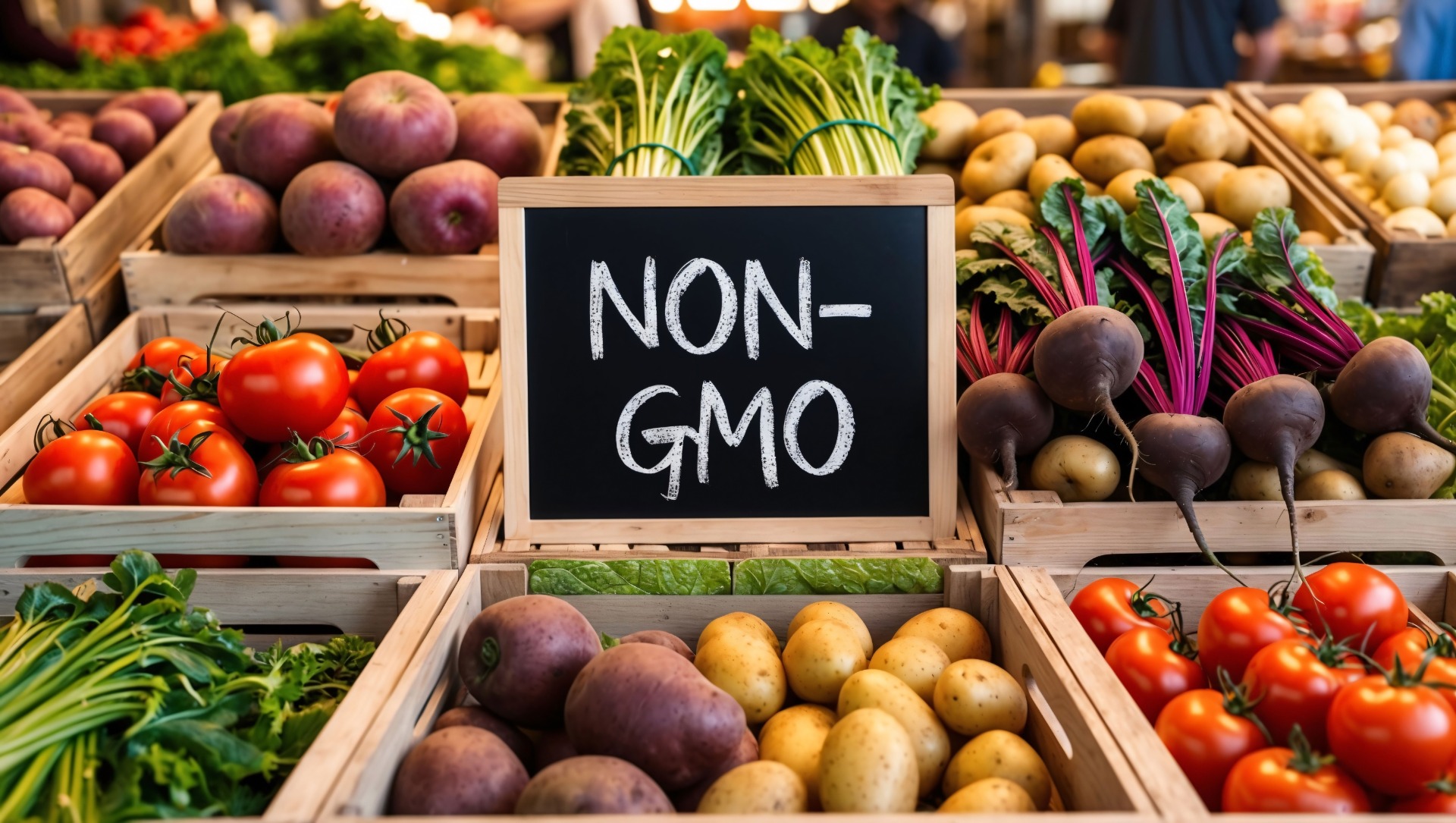

Photo Credit: "© [CreativeMania] / Adobe Stock
Farmers can use GMO (genetic modification) in non-organic foods, altering the DNA to reduce some qualities and enhance others. For example, they may genetically engineer their carrots to have a strong orange colour and ideal carrot shape.
This makes the carrots aesthetically pleasing to customers and boosts the company's selling rate. However, creating the ‘perfect’ carrot includes the use of antibiotics and pesticides. It also reduces nutrients and can enhance the likelihood of developing allergies or other health issues.
Regulations prohibit any genetic modification of organic fruits and vegetables. In reality, plants grow into all different shapes and sizes. Therefore, if your organic carrot looks a little wonky and less orange, it’s because it’s grown naturally. It will also be more nutrient dense than a perfectly uniform packet of non-organic carrots.
Choose organic today with Grape Tree
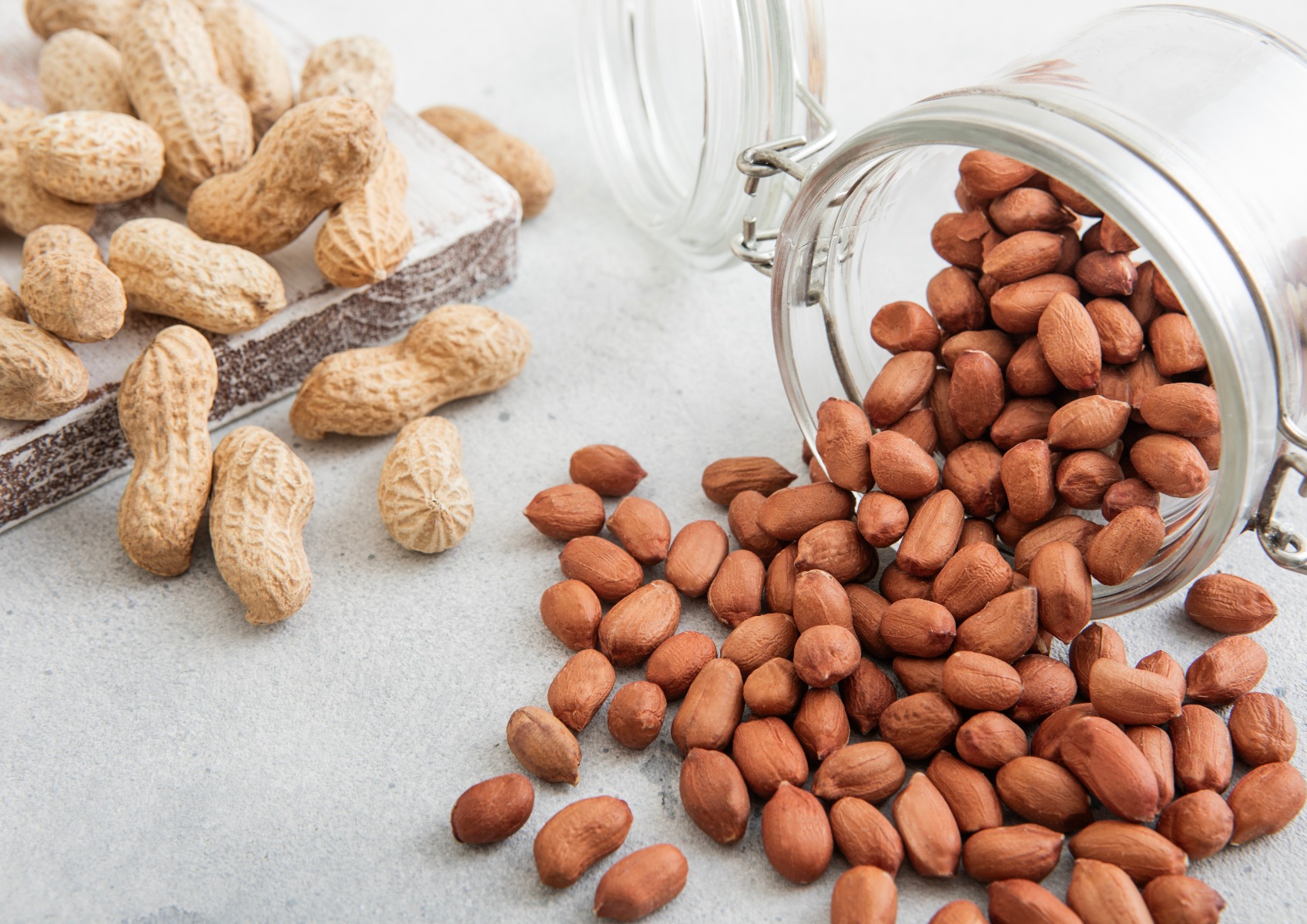

Photo Credit: "© [DenisMArt] / Adobe Stock
Knowing why organic is better is the best way to understand what you should put into your body and what you should avoid. Grape Tree is proudly organically certified. That means we have to follow strict regulations to ensure our foods are organic from the beginning right until they reach your plate. Choose organic today with Grape Tree.
